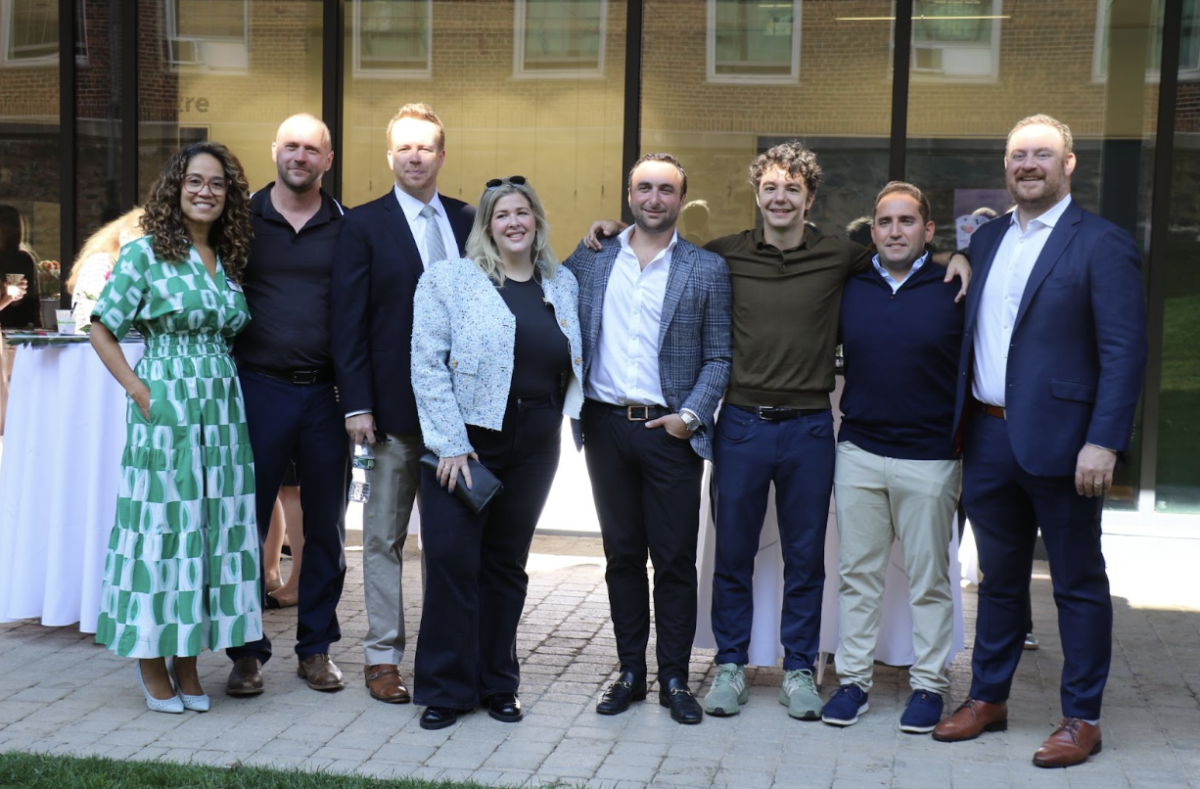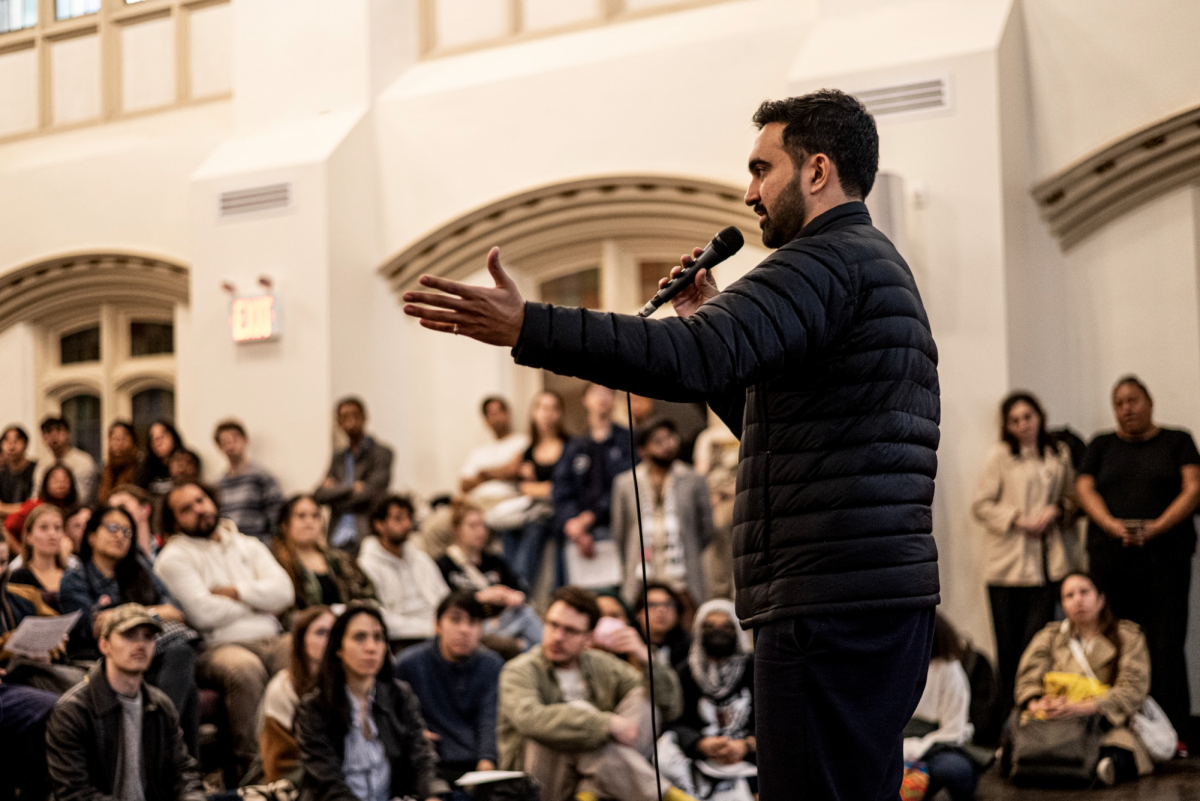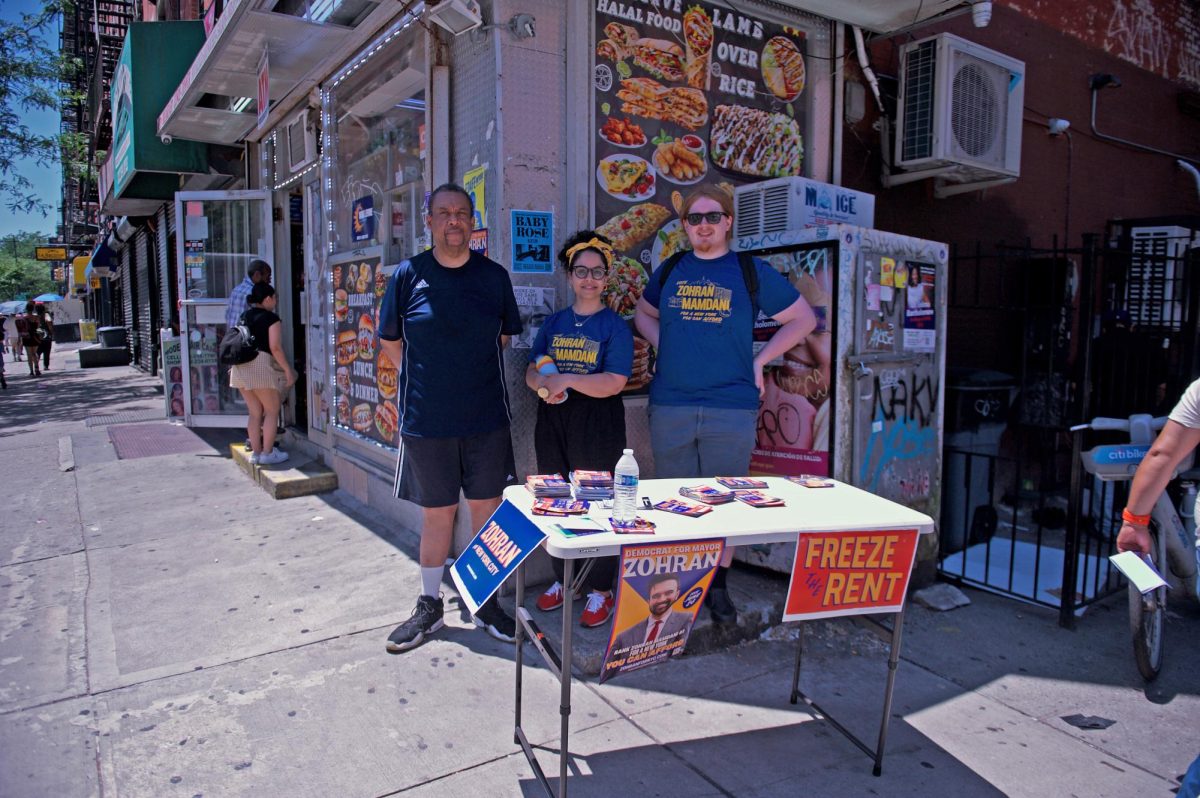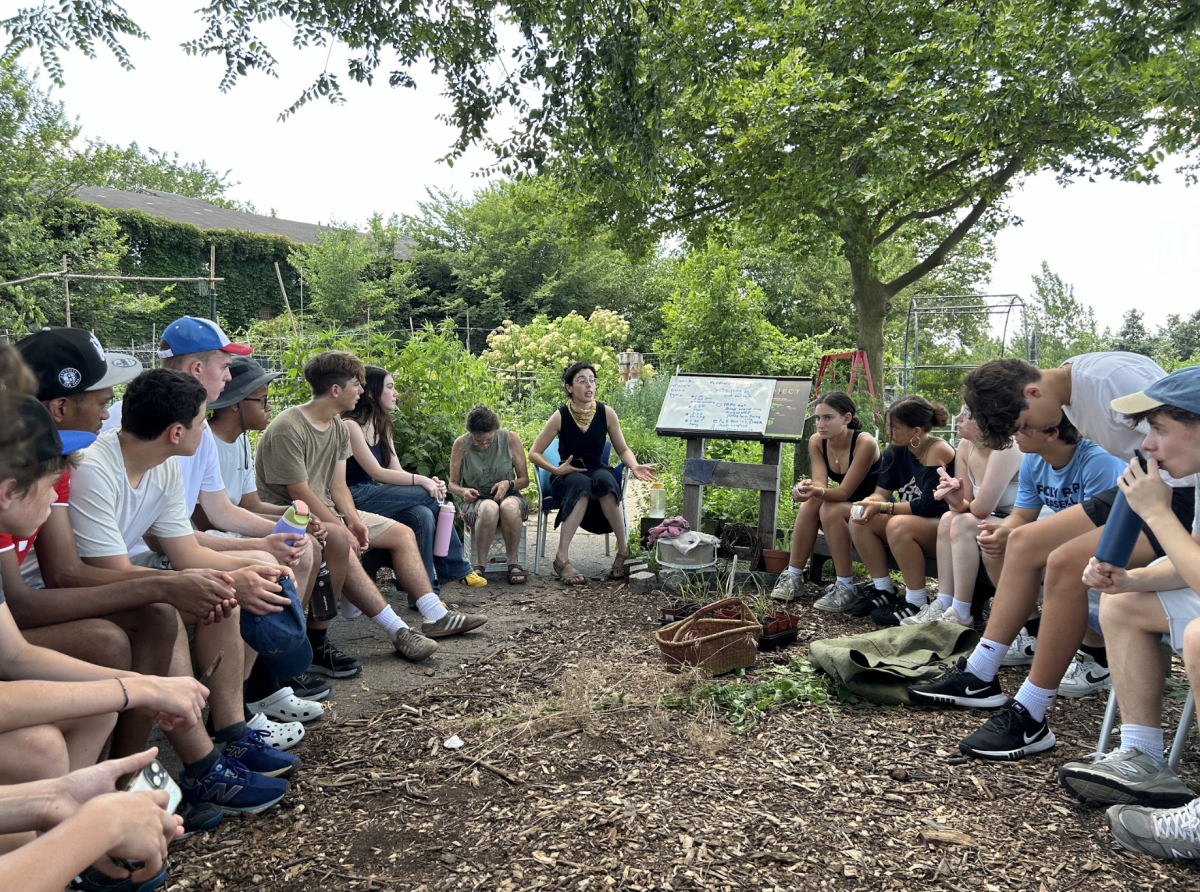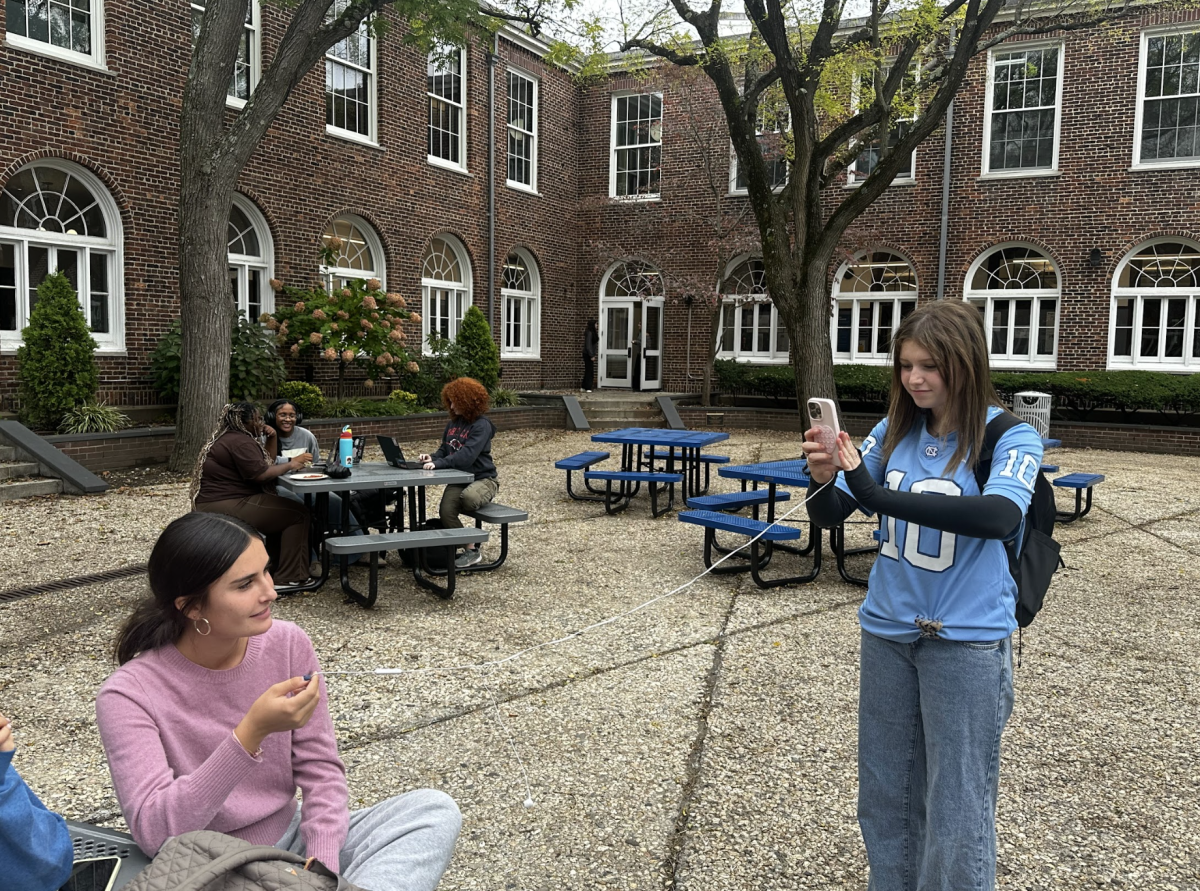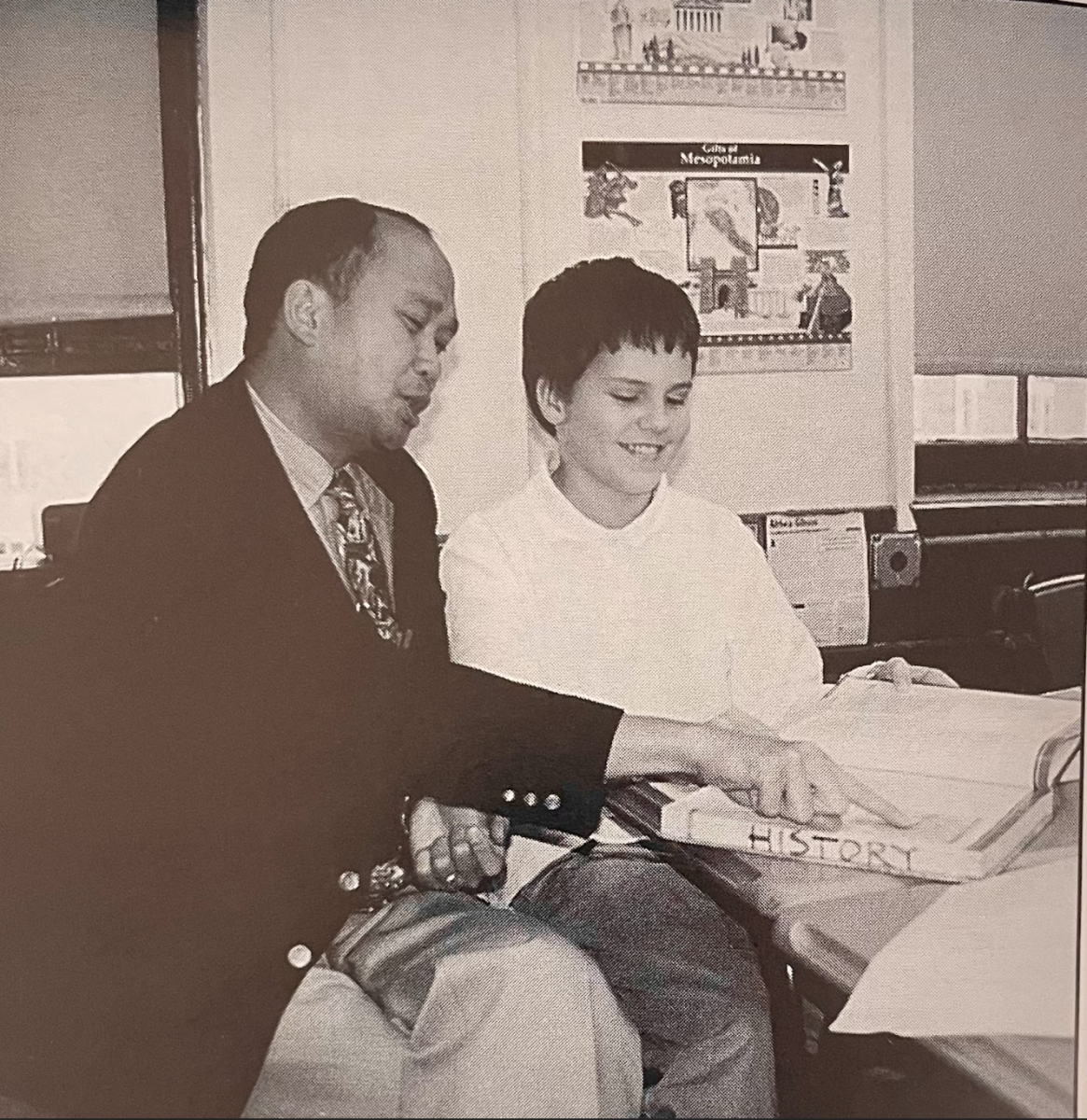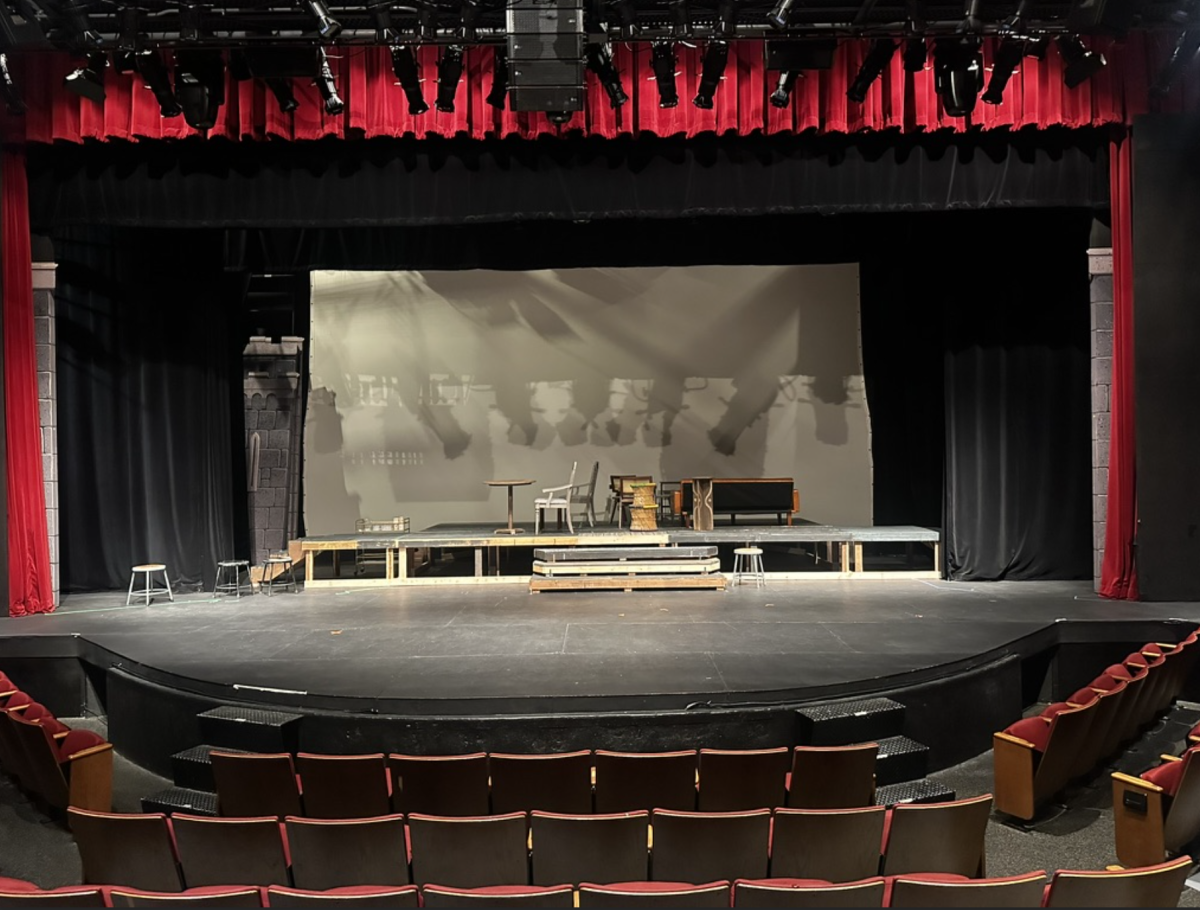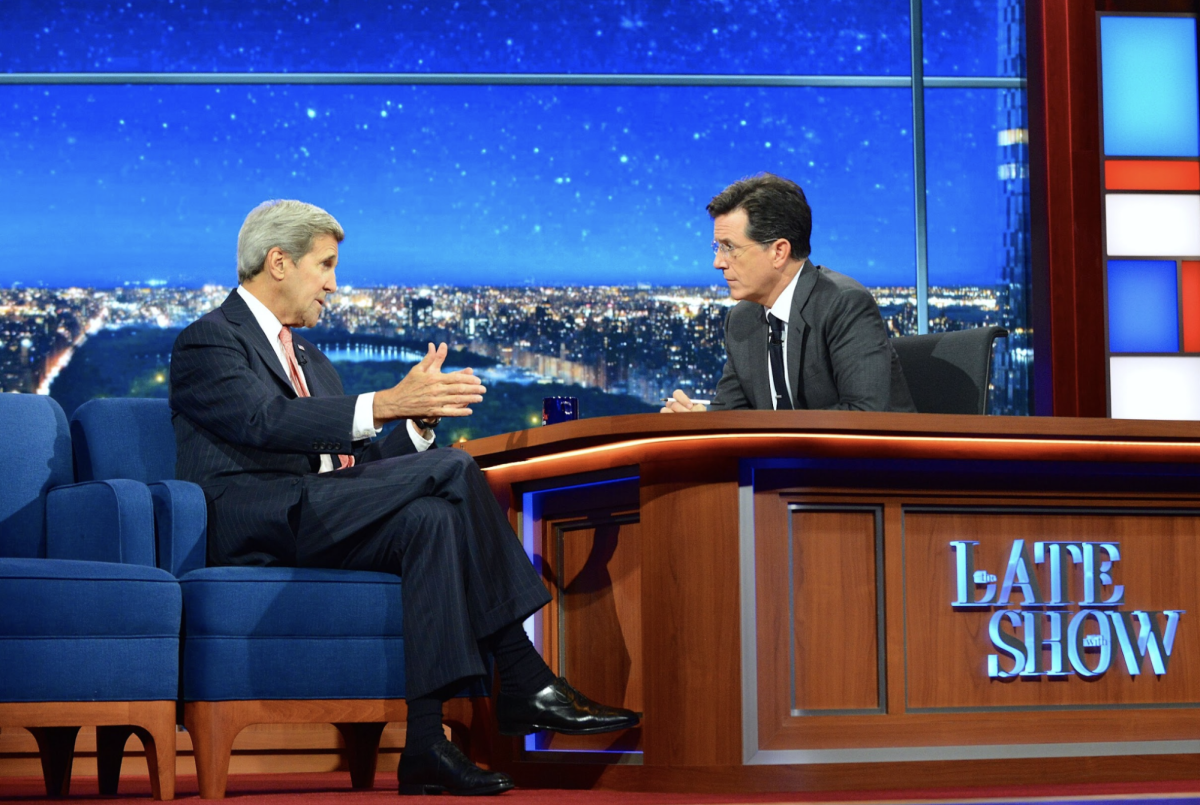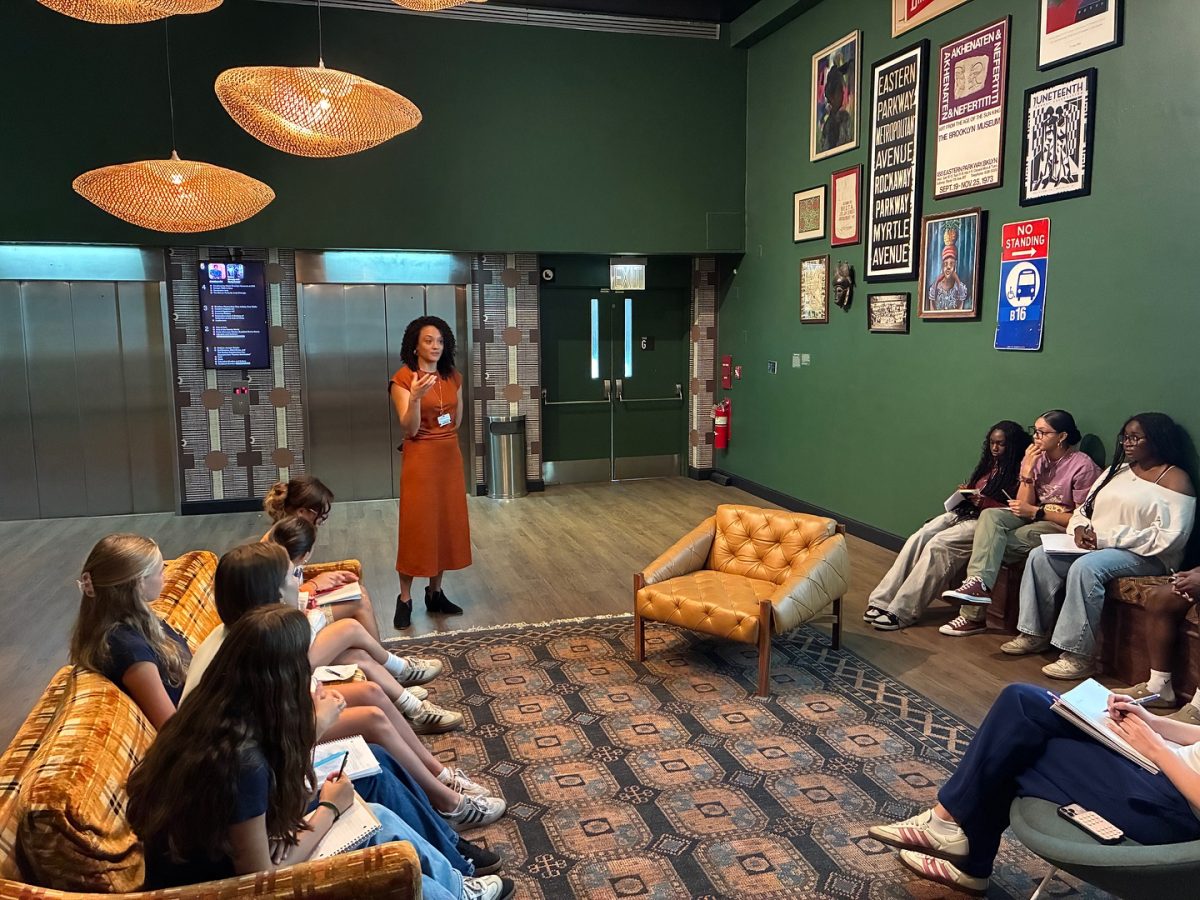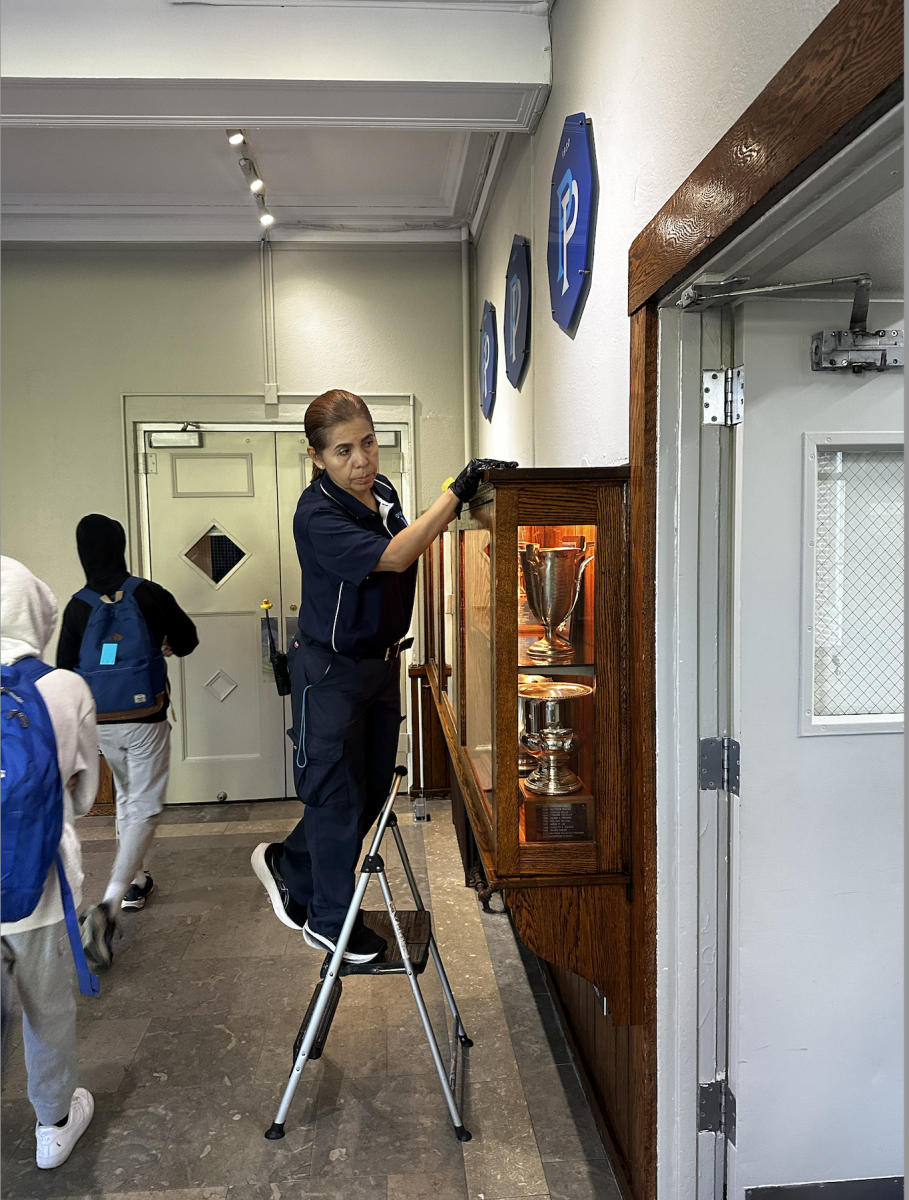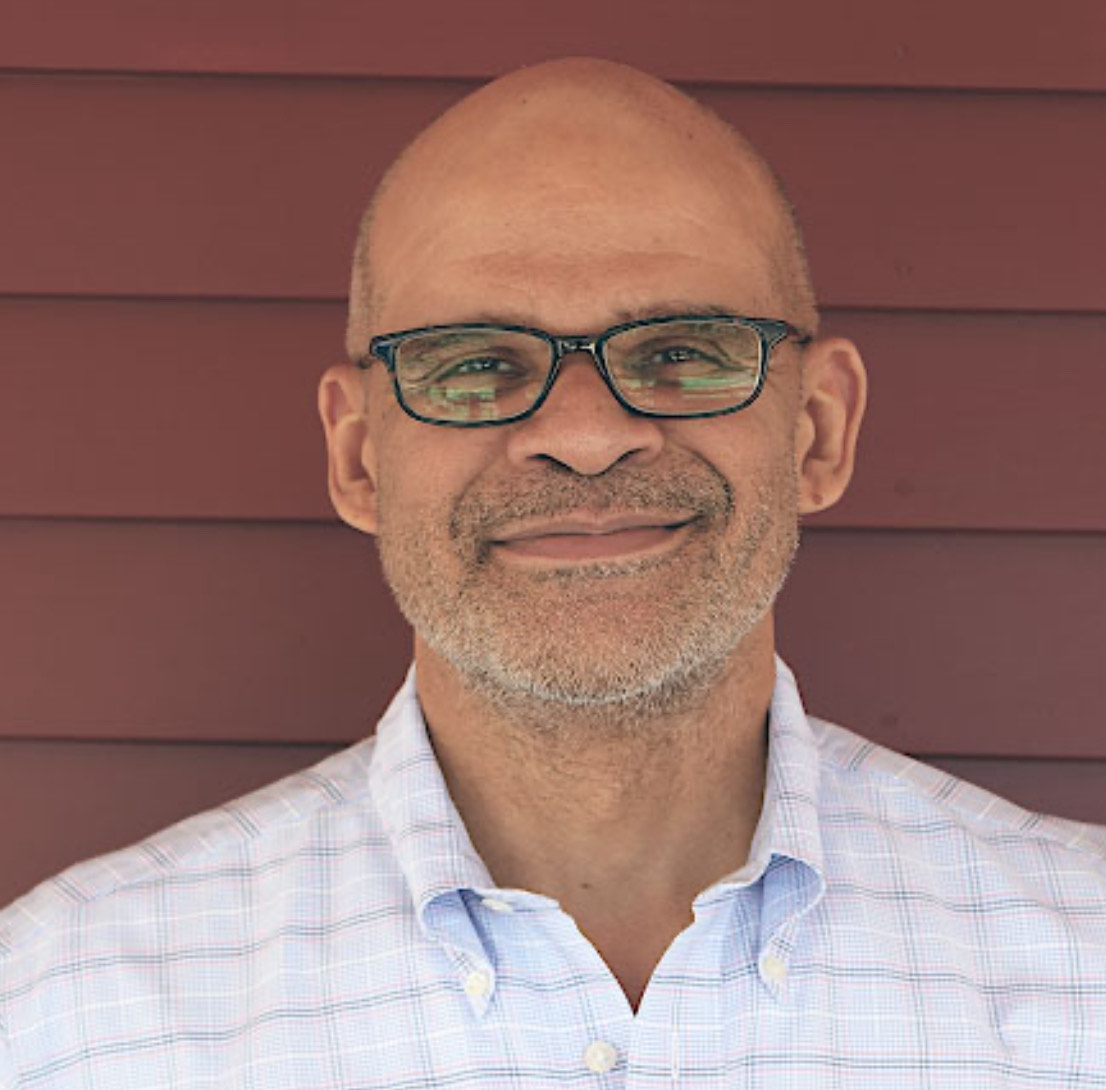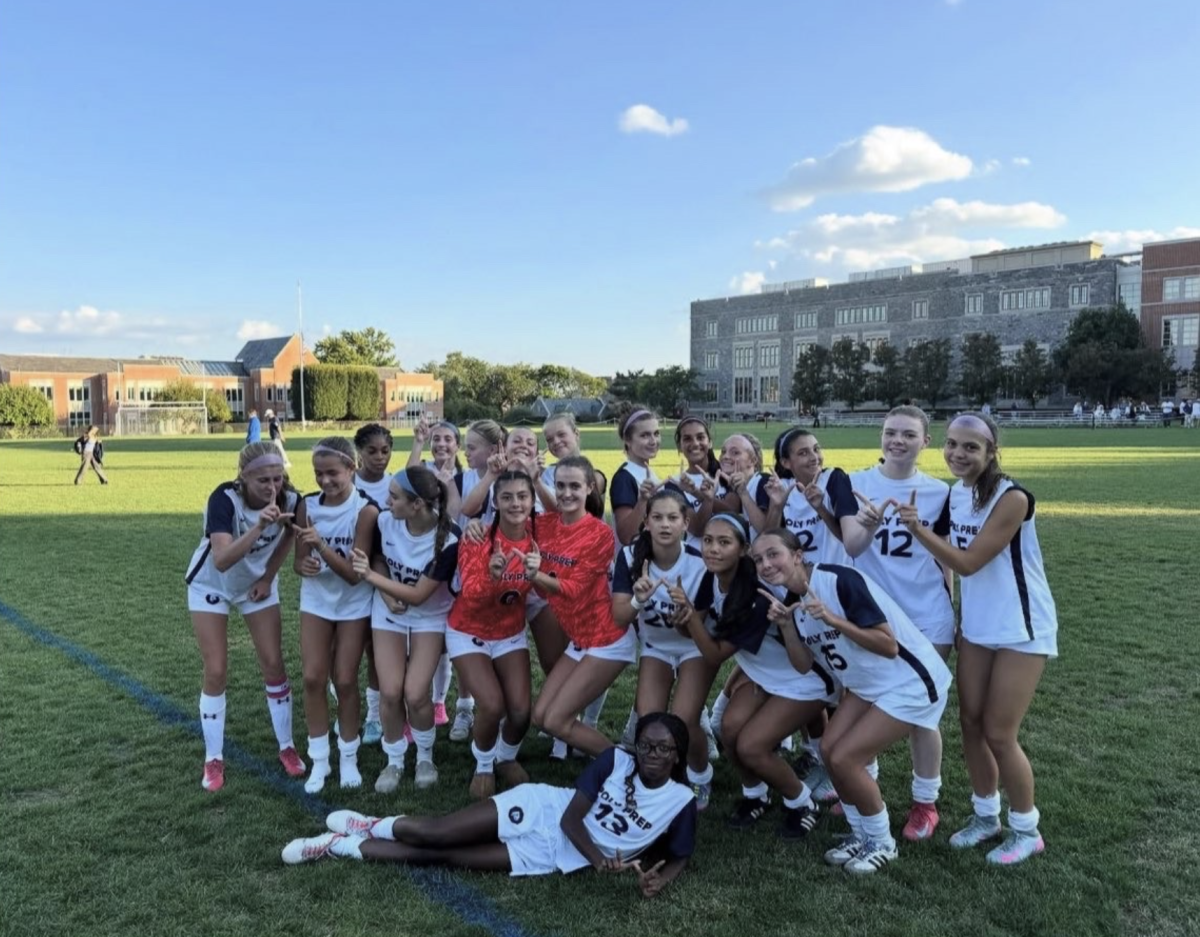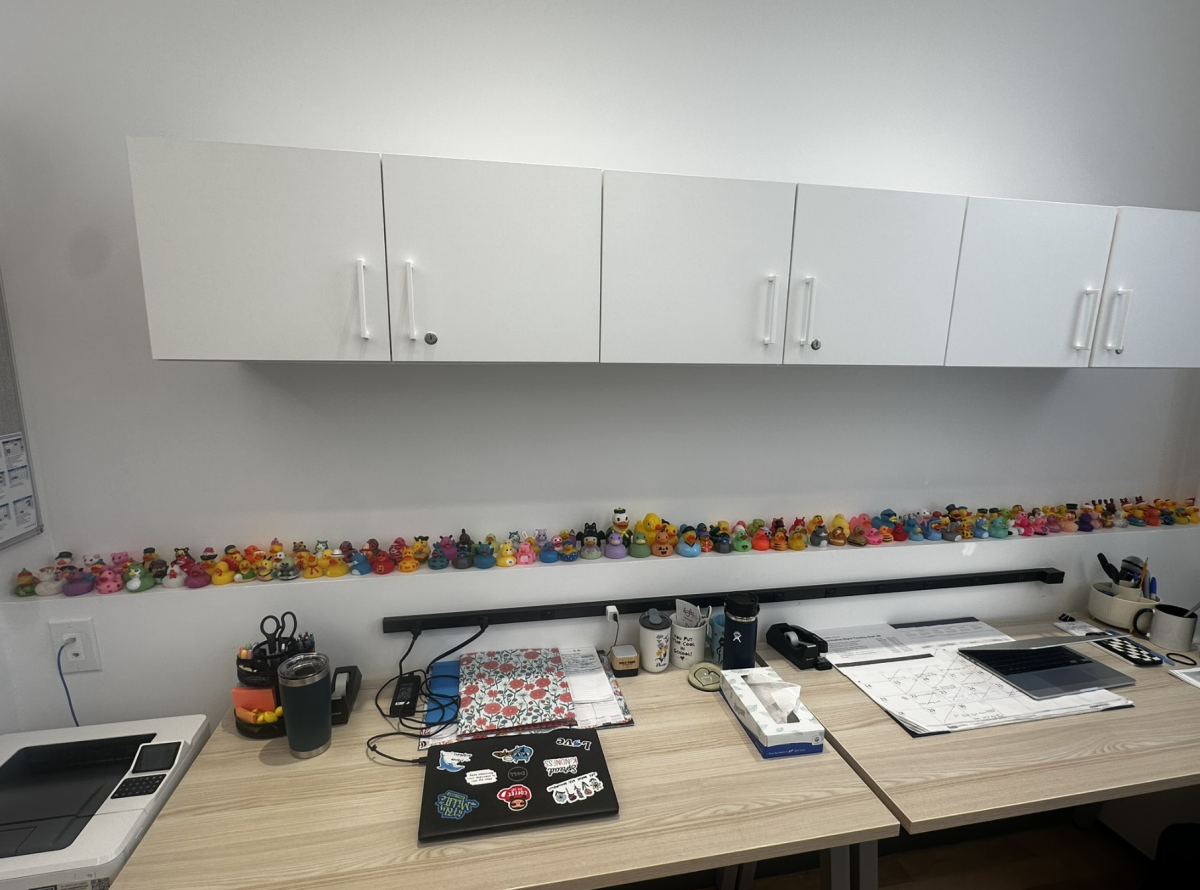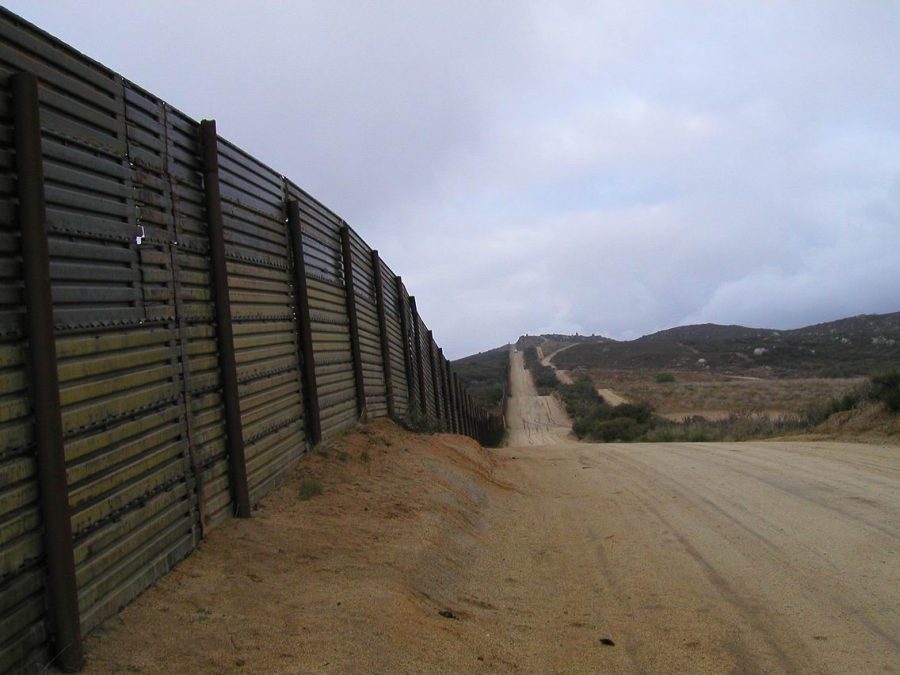A Discussion on the US-Mexico Border
The fence between the United States and Mexico
October 10, 2017
On Wednesday, October 5th, History Teacher David Reid gave a talk about the history of the United States-Mexican Border. The talk was given in the library as part of Poly’s effort to educate students about Latinx cultures for Hispanic Heritage Month.
Reid, who is Canadian, said that “I did not have a lot of exposure to Mexican culture, but I was fascinated by Mexican history.” While Reid himself is not Hispanic, he wanted to contribute to Poly’s effort to educate students about Hispanic culture and history.
When asked about why he chose such a controversial topic as the border, Reid said, “I chose the border because it has recently become a contentious topic.”
He said that with President Donald Trump’s promises regarding the border, everyone is either on “one side or the other.” Reid said that Americans are either for or against the “border wall.” However, at the beginning of his talk, he promised that the lecture would remain apolitical.
Senior Nick Boyce said of this choice, “I liked learning about the U.S. Mexico relations from a neutral standpoint, which allowed us to form our own opinions.”
Reid started the talk with a clip of Trump, which was rife with divisive statements claiming that Mexican immigrants are “rapists” who are “bringing drugs.” This clip, while representing a partisan view, has brought Mexican immigration to the forefront of the American consciousness, more specifically, the control of the US-Mexico border.
Reid said that people regard the border as a “site of separation” versus a “site of connection.” He went on to describe how the border was created after the Mexican American War when Mexico lost one third of its national territory to the Americans. The war created a new border which encompassed many Mexican citizens who became the first Latino-Americans.
Reid also said that the border has not always been closed, but in fact, was opened in efforts to capture Apache, which showed cooperation between Americans and Mexican authorities. The border was also freely crossed, particularly by Americans during the prohibition era. However, since “Operation Wetback,” a mass deportation of Mexicans in 1954 began, there has been increasing polarization. This has led to the “border wall” argument that is so prevalent today.
In fact, Reid said that there has been “negative immigration,” or more immigrants leaving the United States than coming in, in recent years due to the security of Mexico as opposed to the United States. Reid closed out the talk by discussing that the polarization of the border has led to more “intimate” connections between Mexican and American citizens.
“What I found most fascinating was that cowboys originated in Mexico,” said senior Clara Sanchez-Vèla. “The historical cultural exchanges between Mexico and the United States should really be something that brings both countries together instead of dividing them.”

